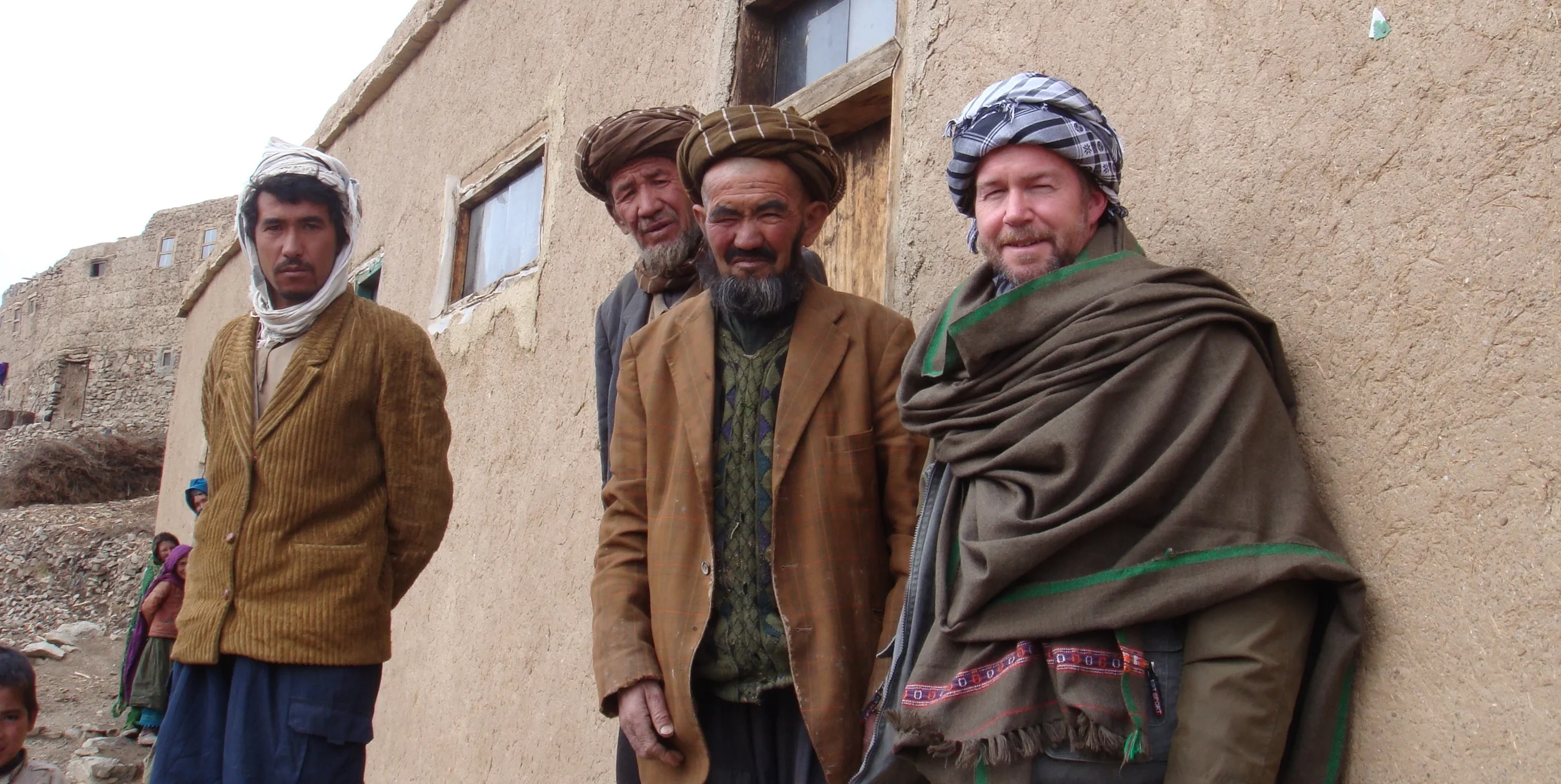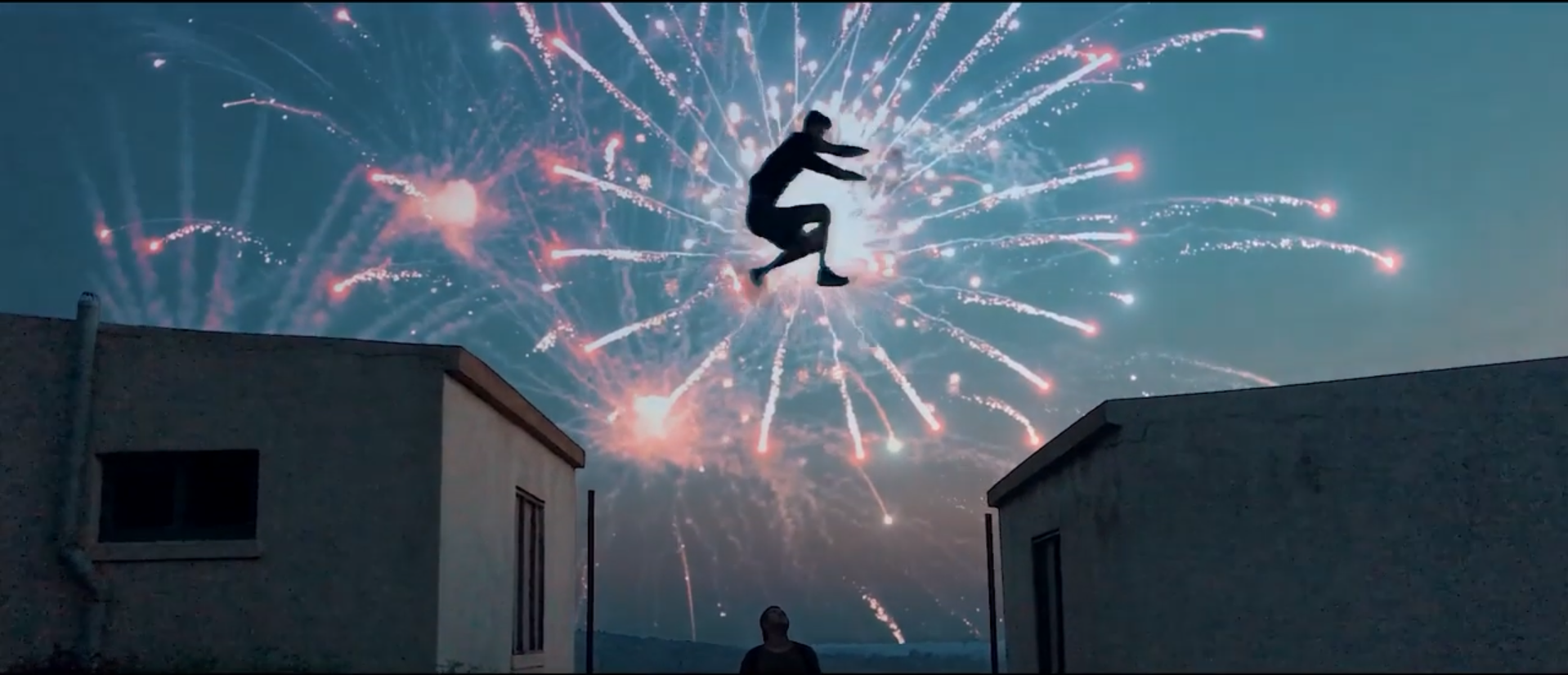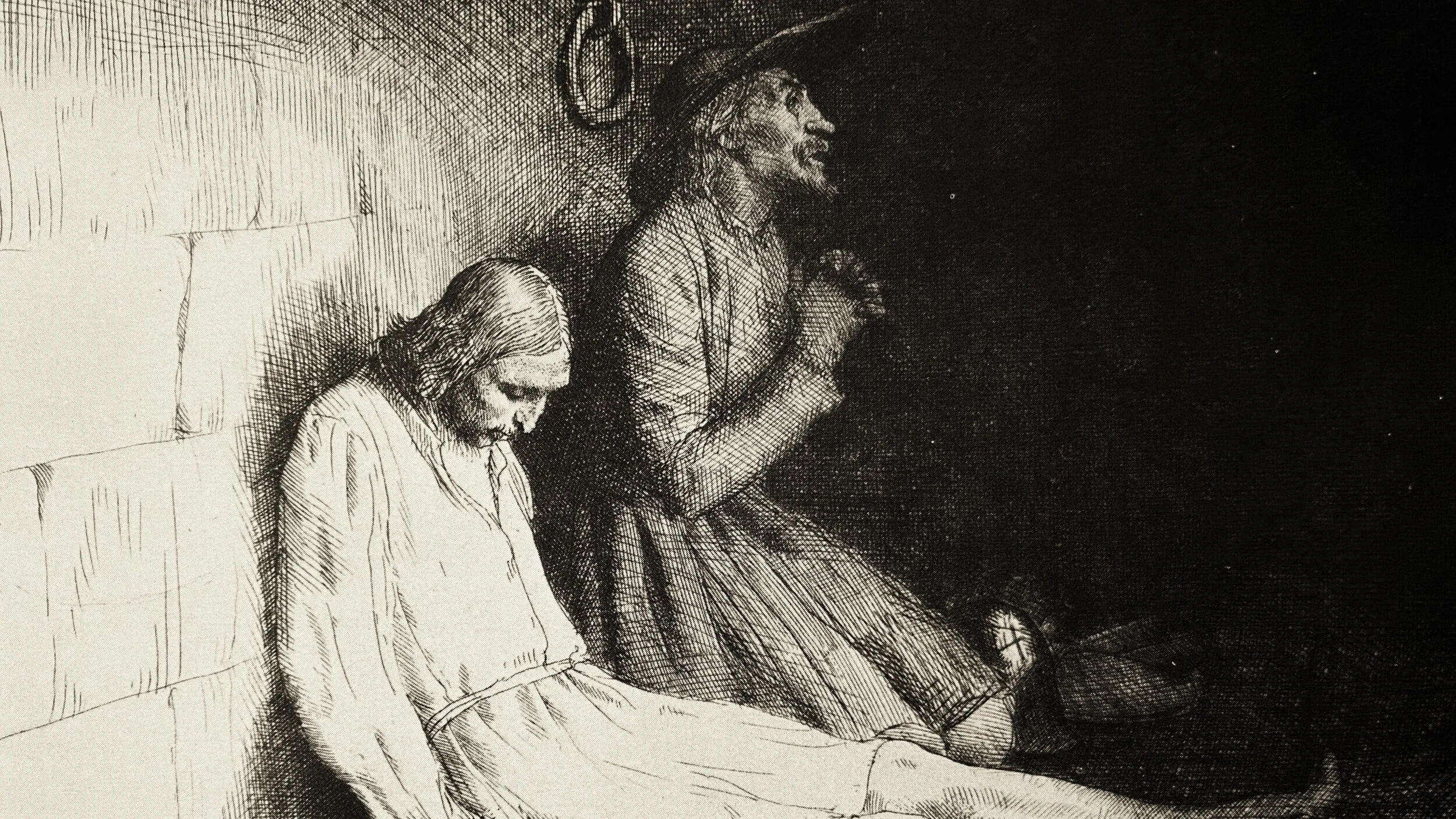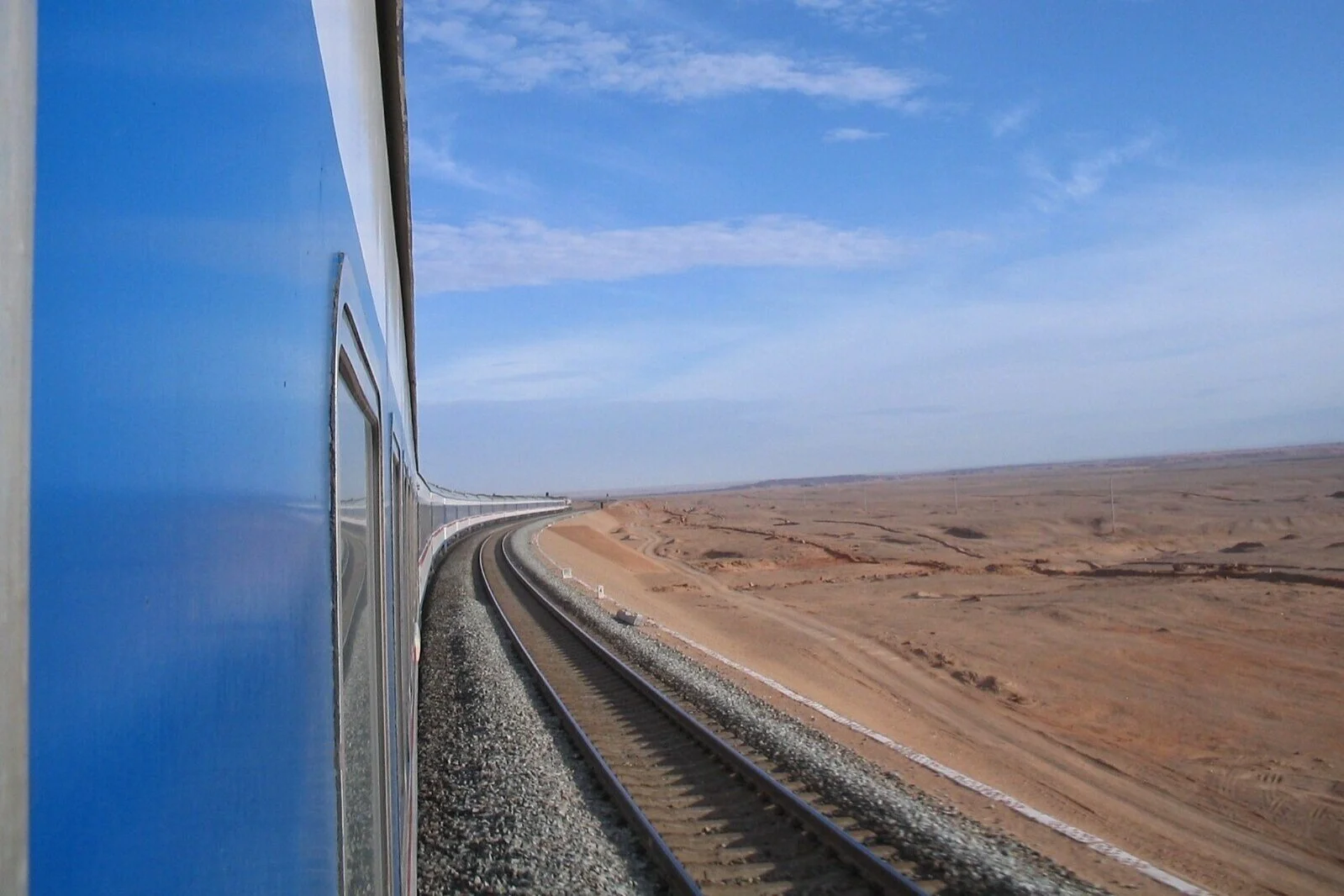January 11
I woke this morning in Sayid’s village with the help of a pesky rooster. The air was cold, and in the distance morning light fingered through a gray sky and touched the distant mountains. In the early light, I found Sayid out sitting near the well drinking in the Word. This is his Source. This is what fuels his endurance, his preaching, his counsel, his heart. Sayid has been in the faith for six years. Before that, he was a brick mason with a 5th grade education. But during these six years, Sayid has walked with the Lord and filled his days and his heart with God’s Word. I thought of the passage in Jeremiah, “Your words were found, and I did eat them, and your words became to me the joy and rejoicing of my heart, for I am called by your name” (Jer. 15:16).
Before setting out, we had a visit from the local police chief. His name was Hussein, but I prefer to call him “Barney Fife.” It seems that since Sayid was arrested three years ago for the “crime” of sharing the gospel that the police try to keep track of him whenever they can. It was just a routine hassle. Barney was just doing his job—and to have a real, live ex-con in town along with several of his foreign accomplices likely spiced up an otherwise boring beat. Barney called in our names and passport numbers to the police headquarters in Fez; so while he finished up the report, we took a walk.
For Sayid this place holds many emotions. This is the mountainside where he was born, and from the mosque in the center of the village to every house and footpath in between, this is home. Here he first tasted new life in Christ. Here he first felt the sharp slap of rejection, but also here he first embraced the fellowship of suffering with the One who also came to His own, and His own received Him not.
What’s clear is when Christ lit the candle of Sayid’s life, he couldn’t conceal it. “A city set on a hill cannot be hid.” The day Sayid was baptized, he sent a group message to over one hundred people—everyone in his phone contact list! It said simply, “Walit Masihi” (I have become a Christian). In this country, this was like asking to be killed, but Sayid did not have a death wish—he has a living hope. In fact, his old life was the real death sentence. Now in Christ he has never been more alive—a life that no man can ever take away!
After the police report was completed, we said our goodbyes to Sayid’s family and set out. Made good time on the unusually fine roads here and reached the city by early afternoon. Gathered for worship with the house church that Sayid pastors. Before the fellowship around the Word, though, we had fellowship around the table. It was an amazing meal called pastille. It’s a perfect pie of honey, almonds, caramelized onions, and pulled chicken, infused with a baker’s dozen spices from saffron to cinnamon, all in a flaky, crunchy crust. We made short work of this Moroccan manna!
After our meal, one of the brothers shared his testimony. Kamal’s first exposure to the gospel was through Christian satellite TV. The one thing that stood out to him was hearing Christians praying for all people—whereas a Muslim’s standard prayer was for Allah to kill all non-Muslims. He saw a way of love and grace that led straight to Christ. He said the word “salvation” appears nowhere in the Koran, whereas the Bible is all about salvation. So Kamal believed on Jesus, the Messiah, and prayed to Him in the only place he knew to pray—the mosque! He had never met another Christian until one day at the café where he was a waiter he greeted a man with the salutation “peace and grace.” The standard Arabic greeting is usually only “salam” (peace), but Kamal said “peace and grace.” This man, whose name was Mohammed and who also was a believer, said, “Are you a Christian?” Kamal said he was and that he prayed to Christ in the mosque. Mohammed said, “No. You don’t need to go to the mosque to pray. You can pray anywhere, anytime because Christ is in you. And you don’t need to clean yourself by the ceremonial washing because Christ has forever washed you by His blood.” Later these two new-found brothers baptized each other in the ocean.
Kamal’s brother-in-law, Hasan, also shared his story. When the September 11th attack occurred in the US and thousands of innocent people were murdered in the name of Islam, he rejected Islam in his heart. Later, when Kamal shared Christ with him, Hasan immediately believed the gospel!
It was beautiful to see not just solitary believers but families—husbands, wives, children—worshipping Christ together. I felt like I saw twenty centuries slip away and was seeing a page from the book of Acts lived out.
After the testimonies and Sayid’s message, they sang with much joy—and I was finally able to join in. I couldn’t sing in Arabic, but I can clap in Arabic! As the psalmist said, “Clap your hands, all peoples! Shout to God with loud songs of joy!” (Ps. 47:1). And so we did. Singing songs of redeeming, steadfast love. Light has dawned! The Son has risen!













